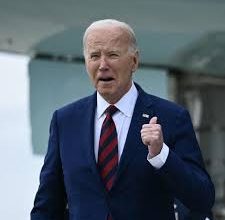Tunisia eyes autumn elections to anchor democracy


Beji Caid Essebsi, leader of the Nida Touns (Call of Tunisia) secular party, speaks during an interview in Tunis March 7, 2014.
TUNIS – Tunisia’s election authority has proposed a parliamentary vote on Oct. 26 and the first round of presidential polls a month later, marking the final step towards full democracy in the cradle of the 2011 Arab Spring uprisings.
Tunisia’s often turbulent political transition began after the popular revolt that ousted autocrat Zine El-Abidine Ben Ali and inspired revolutions across the region.
The North African state has been run of late by a caretaker government that saw through the adoption of a new constitution lauded as a model of democratic evolution in an unstable region.
“Our proposal, which we will present to the Constituent Assembly, is to hold parliamentary elections on Oct. 26, 2014, and the first session of the presidential vote on Nov. 23, 2014, with the second session on Dec. 28,” Chafik Sarsar, head of the country’s election commission, told Reuters on Monday.
It is widely expected that the Tunis parliament will in the coming days approve the dates after politicians patched up disputes over conditions for the election last week.
Setting a date for elections could restore investor confidence in the Tunisian economy, which has unravelled amid bouts of political turmoil and government mismanagement. The budget deficit is expected to touch 8 percent by the end of 2014, more than 50 percent higher than under Ben Ali.
Tunisia’s two major challenges are tackling bloated public spending, reviving the economy where unemployment now hovers at 15 percent, and neutralising Islamist militants whose occasional attacks have disrupted steps towards democracy since 2011.




